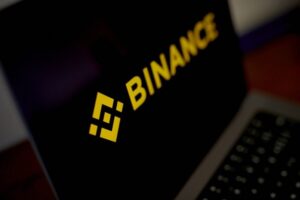On Tuesday, Indonesia’s Deputy Minister of Trade, Jerry Sambuaga, reportedly announced that TikTok is in the process of obtaining an ecommerce permit from the government, according to state media Antara. However, conflicting statements from higher authorities have added uncertainty to the situation.
Zulkifli Hasan, Indonesia’s Minister of Trade and Sambuaga’s direct superior, has refuted the claim. When contacted by Tech in Asia via text message to confirm whether TikTok is applying for an ecommerce license or establishing a new entity for its ecommerce endeavors, Hasan did not provide further details. The Ministry of Trade’s director general of domestic trade, Isy Karim, has also been approached for more information.
TikTok, in the midst of this regulatory uncertainty, has not responded to requests for comments. Following the shutdown of TikTok Shop in October, the platform’s ecommerce future in Indonesia remains in limbo. To navigate regulatory hurdles, TikTok is exploring partnerships with local ecommerce players. The latest reports suggest discussions about potential investments in GoTo and collaboration with Tokopedia to resume ecommerce operations in the country.
The regulatory landscape in Indonesia shifted in September with the government’s ban on companies operating social media and ecommerce within a single platform. This regulation prohibits direct transactions on social media platforms, prompting TikTok to close its ecommerce services.
Beyond Indonesia, neighboring Malaysia is reportedly studying the possibility of regulating TikTok and its ecommerce features. Meanwhile, the Philippines is considering a ban on TikTok for security reasons, specifically citing concerns related to cyberespionage among security workers.
As TikTok navigates these regulatory challenges in Southeast Asia, the conflicting statements from Indonesian authorities add a layer of complexity to the platform’s efforts to reestablish its ecommerce presence in the region. The outcome will not only impact TikTok but also set precedents for other social media platforms navigating similar regulatory landscapes.
(Source: Jofie Yordan | Tech in Asia)









